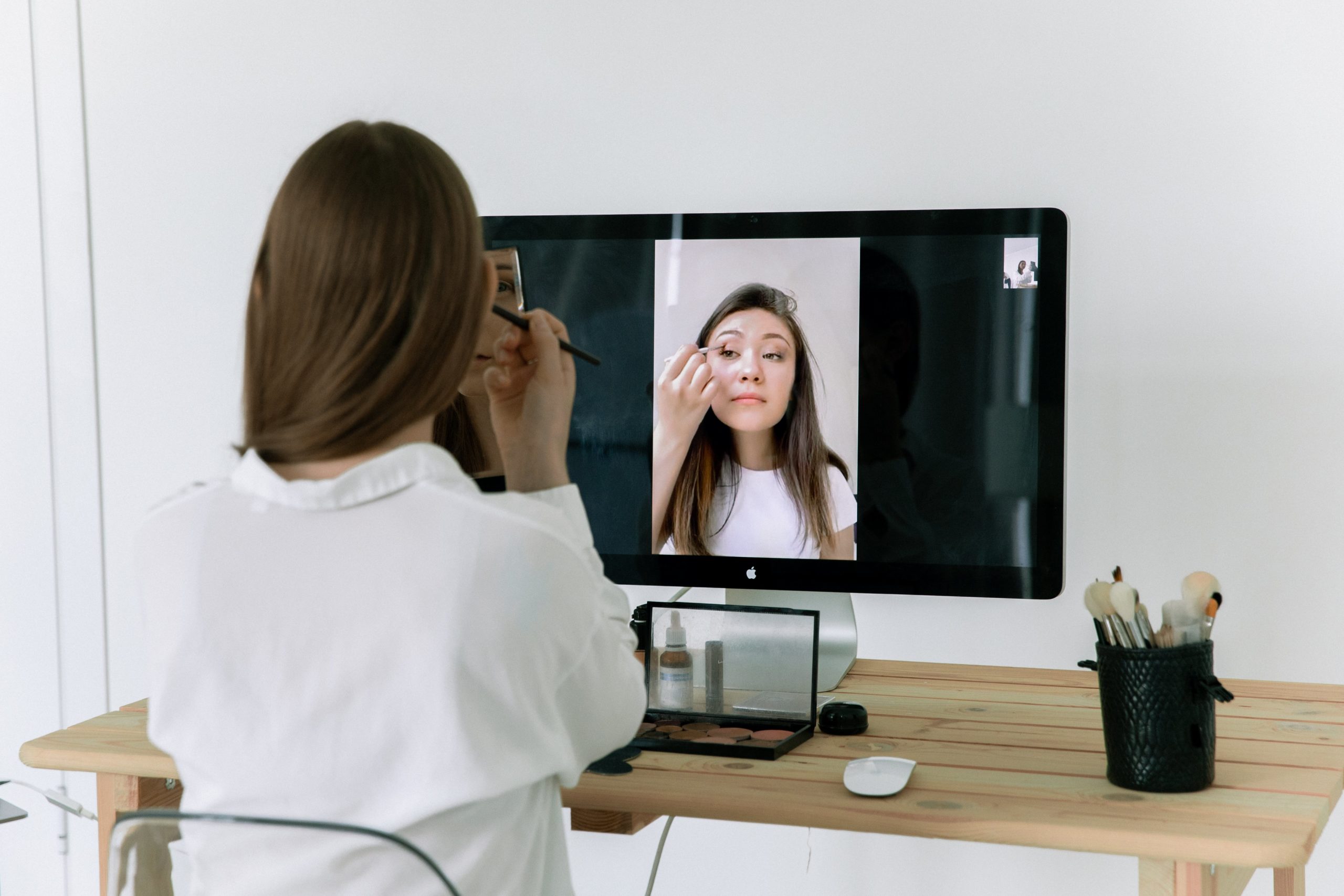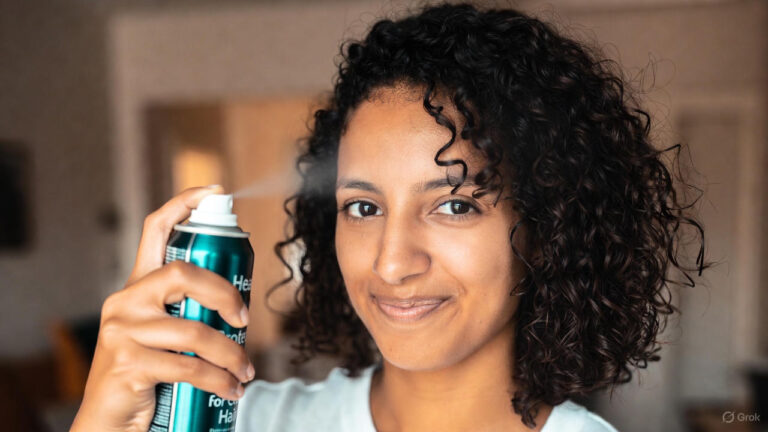In an era where technology continues to reshape our daily lives, Artificial Intelligence (AI) is making its mark in the world of skincare. No longer confined to futuristic visions, AI has seamlessly integrated into our beauty routines, offering a personalized approach that caters to individual skin needs.
This article delves into the multifaceted role of Artificial Intelligence in personalized skincare, uncovering how advanced algorithms and cutting-edge technology are revolutionizing the beauty industry.
Understanding Personalized Skincare
Personalized skincare goes beyond the one-size-fits-all approach of traditional beauty routines. It recognizes that each individual’s skin is unique, influenced by factors such as genetics, environment, lifestyle, and specific concerns.
AI, with its ability to process comprehensive amounts of data quickly, plays a pivotal role in deciphering these complexities to create customized skincare regimens.
AI-Powered Skin Analysis
AI-driven skin analysis tools use machine learning algorithms to assess skin conditions accurately. These tools analyze images of the skin, identifying issues like wrinkles, pigmentation, and hydration levels.
The data collected is then used to generate a comprehensive skin profile, providing insights into an individual’s unique skincare needs.
Tailored Product Recommendations
Once armed with a detailed skin profile, AI algorithms can recommend personalized skincare products. By considering factors like skin type, concerns, and sensitivities, these recommendations go beyond generic suggestions.
Whether it’s selecting the right cleanser, serum, or moisturizer, AI ensures that each product aligns with the specific requirements of the individual.
Adaptive Formulations
AI doesn’t stop at recommending existing products; it also contributes to the development of adaptive formulations. Beauty brands leverage AI to create skincare products that can adjust their formulations based on real-time skin conditions.
This ensures that the product remains effective even as the skin’s needs change, providing a dynamic and responsive approach to skincare.
AI-Enhanced User Experience
Beyond the functional aspects of personalized skincare, AI contributes significantly to enhancing the overall user experience. From interactive skincare apps to virtual beauty consultations, technology is bringing a new level of engagement to the beauty industry.
Virtual Try-Ons and Simulations
AI-driven virtual try-ons allow users to visualize the potential outcomes of different skincare routines. Users can experiment with various products virtually, seeing how they might impact their skin before making a purchase.
This not only enhances the shopping experience but also empowers individuals to make more informed decisions about their skincare choices.
Virtual Consultations with Skincare Experts
AI-powered virtual consultations bring skincare experts directly to users’ fingertips. Through video calls or chatbots, individuals can receive personalized advice, ask questions, and address concerns without leaving their homes. This accessibility democratizes skincare expertise, making it available to a broader audience.
Real-Time Skin Monitoring
Innovative AI applications enable real-time monitoring of skin conditions. Smart devices equipped with AI algorithms can track changes in hydration levels, detect early signs of skin issues, and provide instant feedback. This proactive approach to skincare empowers individuals to take preventive measures and maintain optimal skin health.
Overcoming Challenges and Concerns
While the integration of AI in personalized skincare brings numerous benefits, it also raises concerns and challenges that need careful consideration.
Data Privacy and Security
As AI relies on extensive data analysis, ensuring the privacy and security of personal information is paramount. Skincare brands must implement robust measures to protect user data, assuring customers that their sensitive information is handled with the utmost care and adherence to privacy regulations.
Ethical Considerations in Algorithmic Decision-Making
AI algorithms, while powerful, are not immune to biases. There is a need for transparency and ethical considerations in the development of algorithms to avoid reinforcing existing beauty standards or inadvertently excluding certain demographics. Skincare brands must prioritize fairness and inclusivity in their AI-driven recommendations.
Conclusion
The marriage of Artificial Intelligence and personalized skincare marks a significant leap forward in the beauty industry. From precise skin analysis to tailored product recommendations and an enhanced user experience, AI is reshaping the way we approach skincare. As technology continues to advance, we can anticipate even more innovations, pushing the boundaries of personalized skincare and making beauty routines more effective, accessible, and enjoyable.
FAQs
Q1: How accurate is AI in analyzing skin conditions?
AI-driven skin analysis has shown impressive accuracy in identifying various skin conditions. However, it’s crucial to remember that these tools are not a substitute for professional dermatological assessments.
Q2: Can AI recommend skincare products for all skin types?
Yes, AI algorithms are designed to consider diverse skin types and concerns. They take into account factors like sensitivity, dryness, oiliness, and specific skin issues to provide personalized product recommendations.
Q3: Are AI-powered skincare products safe for long-term use?
The safety of AI-powered skincare products depends on the formulation and ingredients. As with any skincare routine, it’s essential to monitor how your skin responds and consult with dermatologists if you have concerns.



